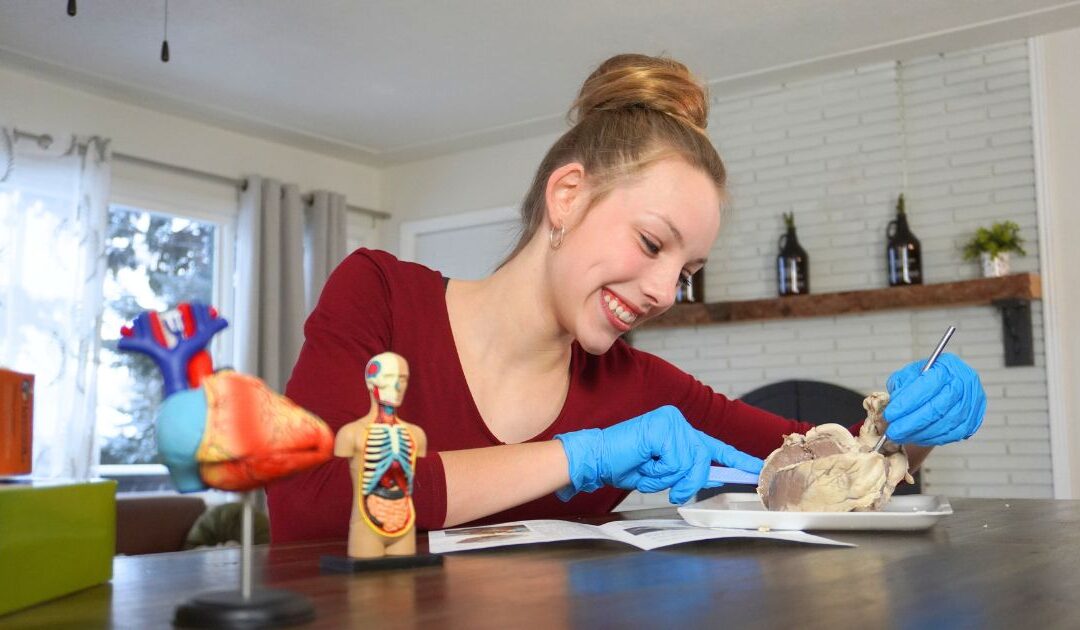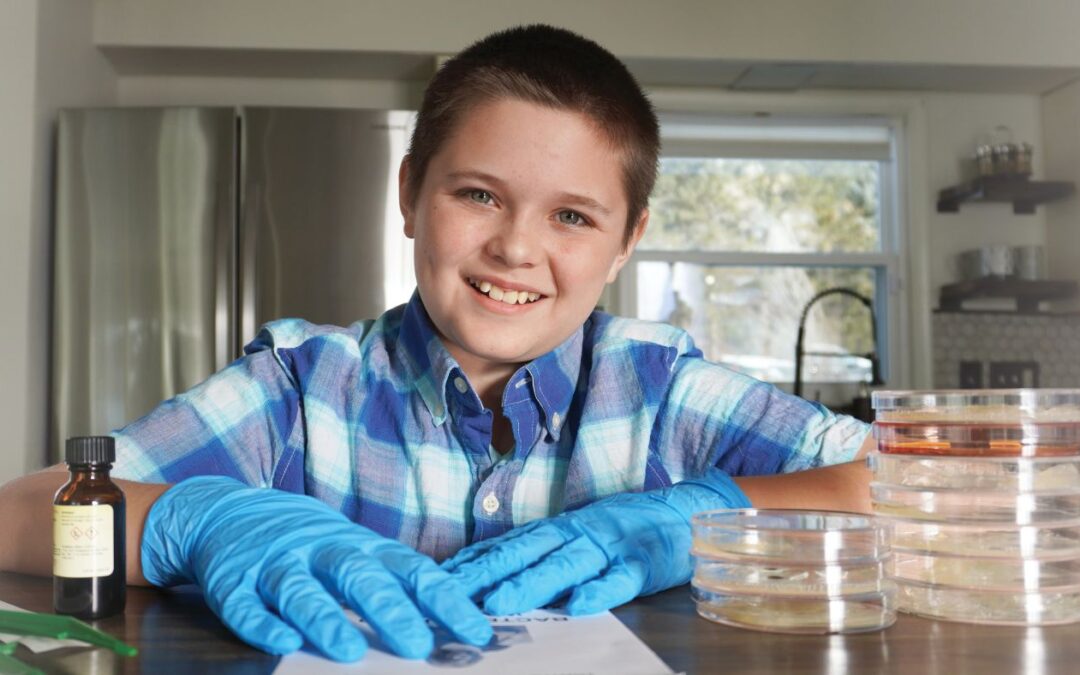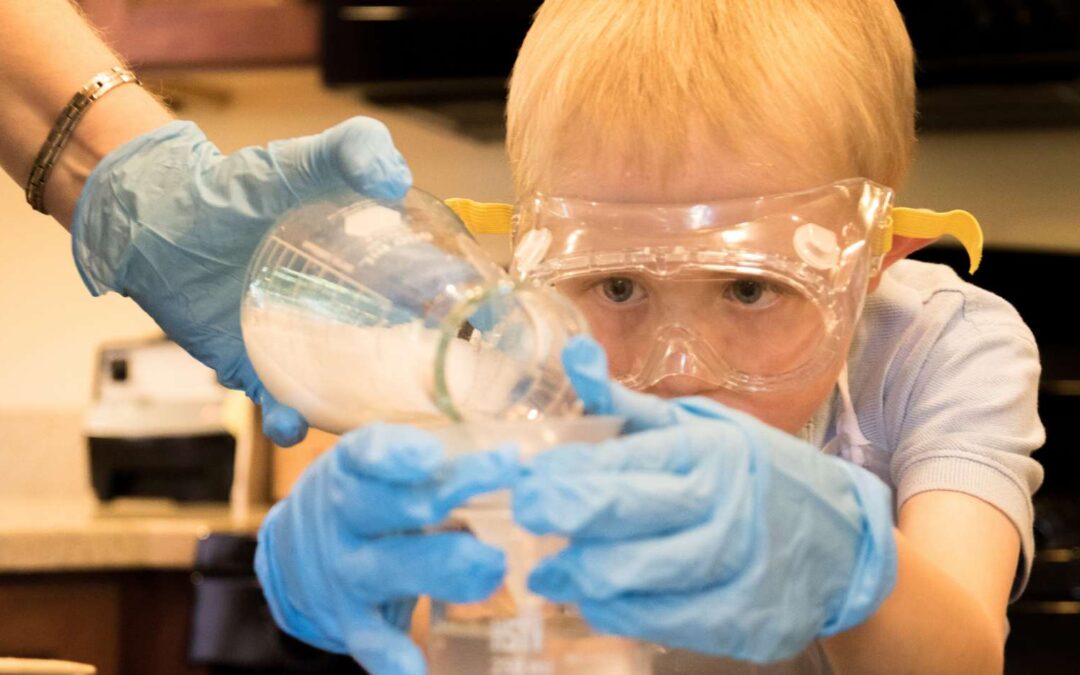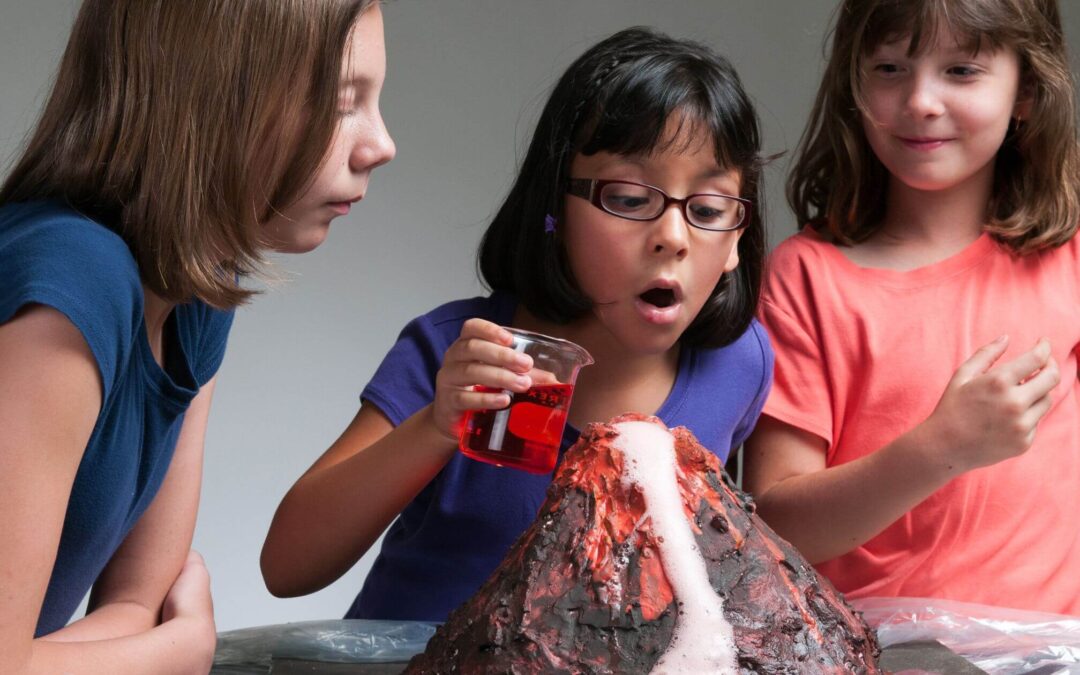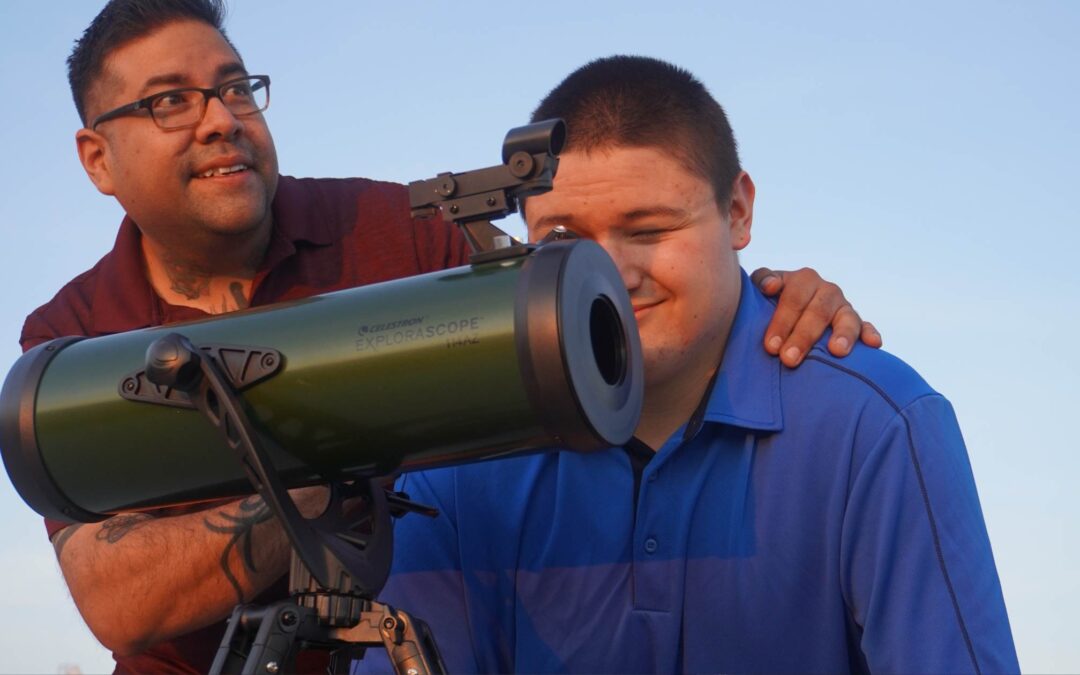Learn about water pollution prevention in this article. Water pollution is caused when waste materials (including trash, oil, chemicals, or residue from cleaners) enter into a body of water such as a lake, stream, or ocean. About 70% of the earth is covered by water, and all forms of life on earth need water to survive, so water pollution is something that can affect everyone and everything in one way or another.
Just as you would not litter by throwing your trash out of your car window or leaving garbage from a picnic on the ground at the park, it is important to think about ways that we can help with water pollution prevention.
- Be especially careful to throw away or recycle waste properly when you are near a body of water.
- Be conservative with water and don’t use more than you need! Can you think of some ways to cut down on how much water you use? Here are a few: don’t run the water while you brush your teeth, take a shorter shower, drink all the water in your water bottle, or else use the extra to water houseplants rather than dumping it out.
- Use cleaning products that are safe for the environment and be careful not to use more of a product than you need for a particular cleaning job.
- Buy organic foods. You may know that eating organic foods is better for your body, but did you know that growing things without the use of chemical fertilizer, pesticides, and herbicides is also better for the earth? Those chemicals easily soak into the ground and become part of groundwater that is eventually carried into streams, lakes, rivers, and eventually into oceans. By supporting the organic food industry, we can make a small contribution to the overall well-being of the earth (including water!) by saying no to chemicals used to grow food!
- Do not flush trash, chemicals, or medications down a sink or toilet.
- Learn the correct way to dispose of household items. Some things should not be thrown away because they can be harmful to wildlife or even other humans if they are added to a landfill. Items such as household cleaners, paint, and leftover medications can be taken to a treatment or recycling center for proper disposal.
For further study, try these early elementary science projects: Simulate an Oil Spill, its effect on wildlife, and different clean up techniques. Use an empty egg carton to demonstrate how water pollution occurs.

